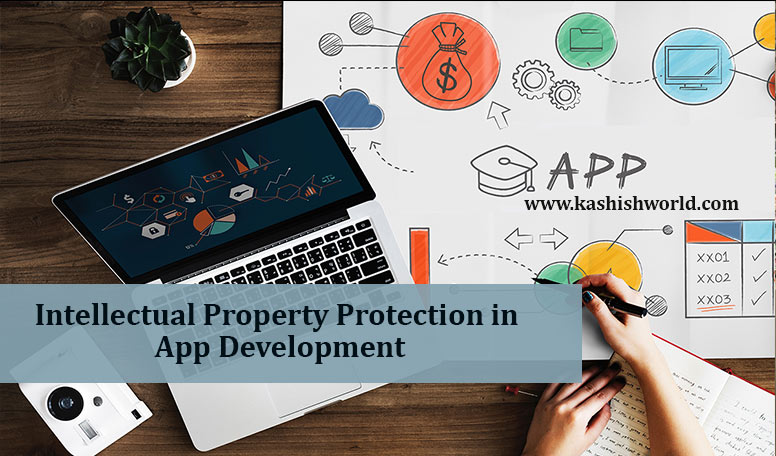
With the world economy becoming more globalized and highly connected by the Internet, plenty of apps developed in recent years have achieved tremendous success. It won’t be wrong to say that app development is in its ‘golden era’ right now. However, while developing a new app, a person needs to acquire Intellectual Property (IP) Protection to safeguard the app from the issues of piracy, theft, or infringement. Usually, the owner seeks protection from various forms of Intellectual Property like copyrights, trademarks, and patents, depending on the app and its applications.
NON-DISCLOSURE AGREEMENT (NDA)
Developing or creating an app is not a task implemented by a single person as it involves a lot of brainpower and mental aptitude. In most cases, you would probably need to hire a freelance app developer having the appropriate technical skills to build something extraordinary and productive. But how will you ensure that they keep the project and its details confidential or don’t steal the idea after helping you out? The answer is by signing a non-disclosure agreement before the developer starts working on the app. A non-disclosure agreement or NDA is a legal contract signed between two people stating the information that will be shared between them along with the confidential information that they will not share with other people. Such an agreement offers aid to the owners by enforcing others to remain silent about the app developed. By including this agreement, the owners can retain their ownership of the app developed.
PATENT PROTECTION
If the developed app has something novel, innovative, and useful to offer along with the commercial potential for sales, the owner can file a Patent Application for seeking Patent Protection on some aspects of the app. While the software is not always something that can seek protection, there are other parts involved in the process of app development, which possibly can. It often depends on how the person has created the app as well as on the encapsulation of different methods to build something new. The legal IP authorities may also grant patent protection to the hardware necessary, such as to play the app, which will protect the invention and promote its commercial sales.
TRADEMARK REGISTRATION
The brand name and its image become the prime link between the owners and their customers. Therefore, while developing an app, the owners must protect their identity with Trademark Registration. A trademark registered for the name or logo of the app will create a brand for the owner by giving him the exclusive rights to prevent other traders from using the same or similar app name or logo. However, the developer must ensure that the name or logo selected for the app doesn’t infringe the IP Rights of any other app developer. The developers should follow proper clearance procedures before applying for trademark registration.
COPYRIGHTS
Depending on what the owners are seeking to protect, they can also acquire Copyright Protection for the specific or printed words used in the app, including stories, dialogues, to name a few. Other related works used in the application like the artistic works can also receive copyright protection as long as the software is not a part of it. Copyrights also protect the source code that goes behind the software used in creating the app. Source codes are a set of human-readable computer instructions executed to run the app on the desired platform. They meet the standard for copyright protection as they are an original work of ownership designed by the developer in a tangible medium.
BOTTOM LINE
Developers and business owners who either create apps on their own or hire independent creators must keep in mind that the apps developed are valuable assets of Intellectual Property. Like any other assets of a business, apps must also be maintained and protected. Smart business plans and strategies, along with sound advice on how to protect these assets, enhance the reputation of any business in the marketplace, and potentially monetize the creative ideas.

